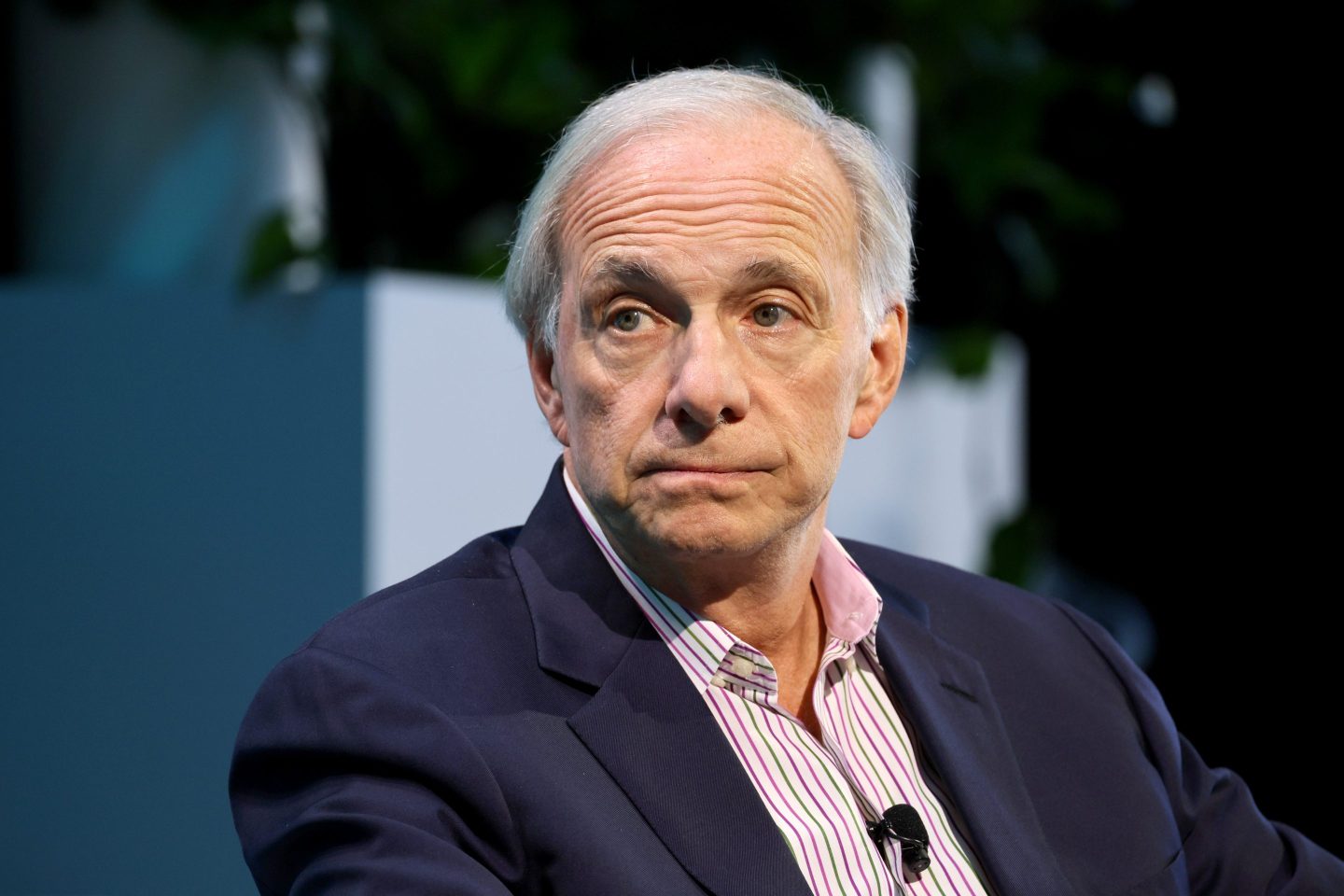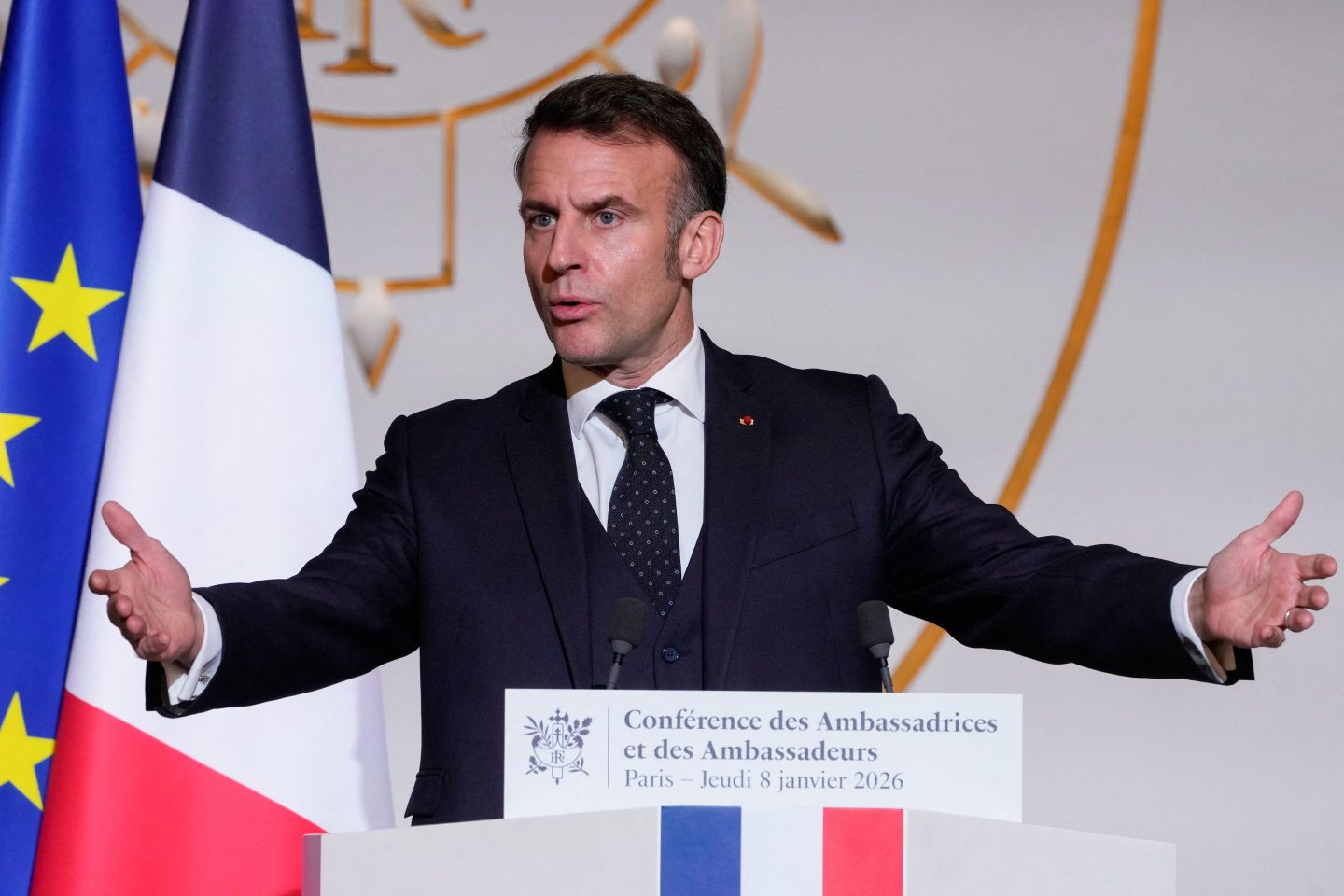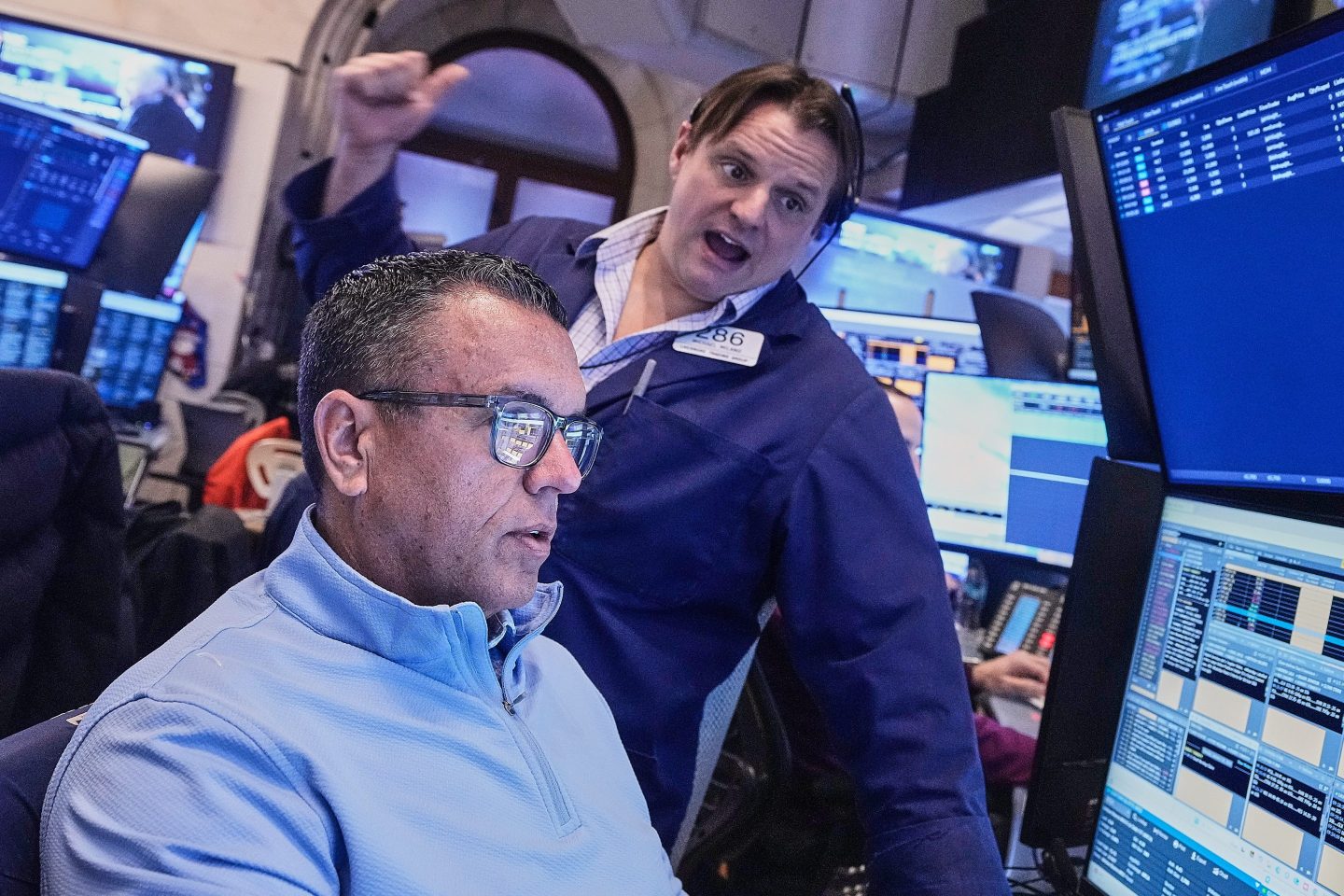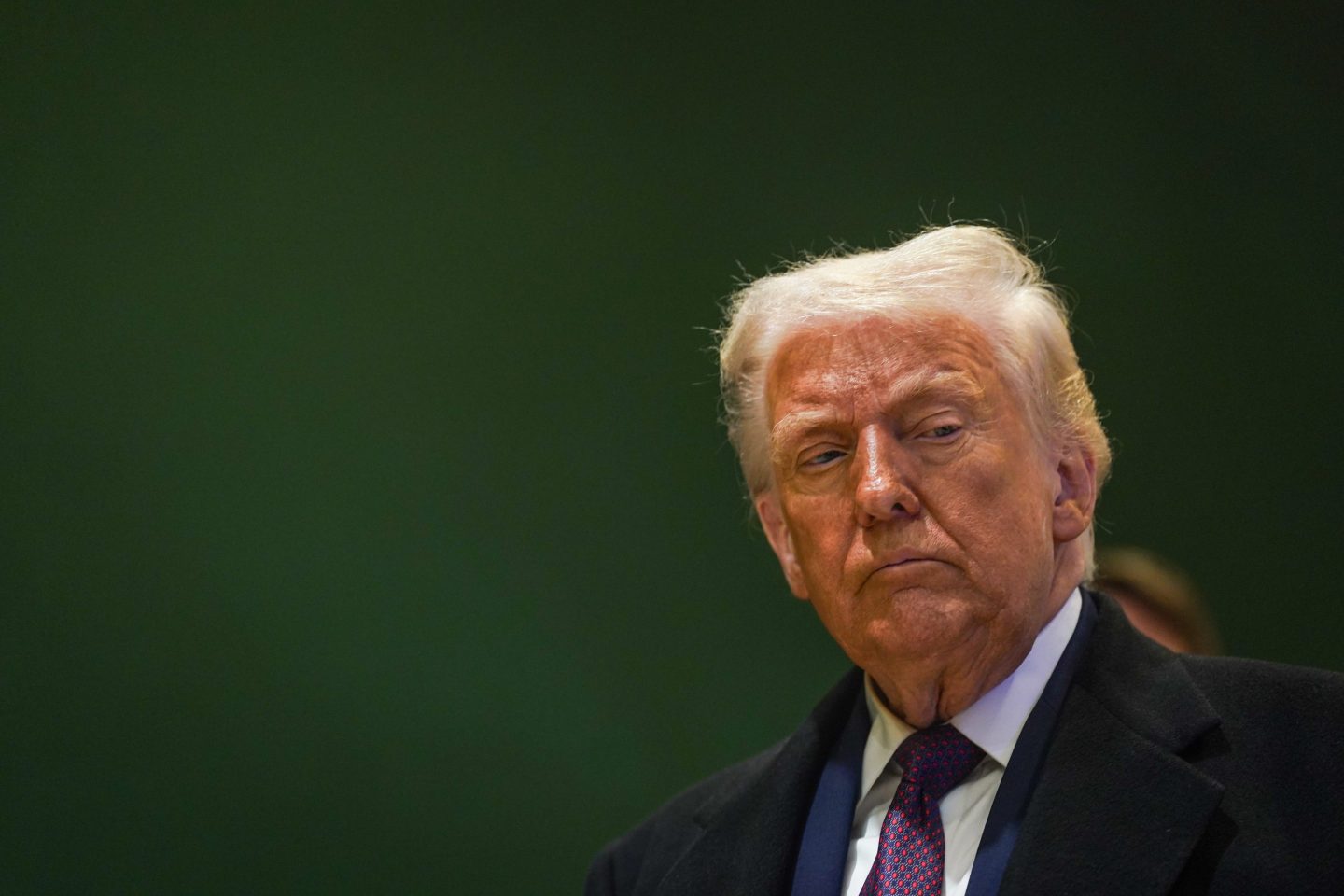Billionaire investor Ray Dalio has delivered a stark warning about the state of American discourse around the nation’s economic challenges, saying fear of retaliation, particularly from the Trump administration, is keeping investors and business leaders from voicing critical concerns about the country’s fiscal trajectory.
The founder of Bridgewater Associates, the world’s largest hedge fund with approximately $130 billion under management, told the Financial Times that the current political and economic environment resembles the troubling dynamics of the 1930s and 1940s. “Most people are silent because they are afraid of retaliation if they criticize,” Dalio said, highlighting what he sees as a dangerous suppression of economic debate at a critical juncture for the United States.
Dalio’s concerns carry significant weight in financial circles. The 76-year-old investor built Bridgewater from his two-bedroom Manhattan apartment in 1975, growing it into a financial powerhouse that manages money for institutional clients including foreign governments, central banks, pension funds, and university endowments. His investment philosophy, based on analyzing cause-and-effect relationships throughout economic history, has earned him recognition as one of the most successful hedge fund managers ever.
The Harvard Business School graduate’s track record includes successfully navigating major economic crises, including turning a profit during the 1987 stock market crash. His books on economic principles and market cycles have become essential reading for institutional investors, lending credibility to his current warnings about America’s fiscal health.
The economic reality
Dalio’s alarm centers on what he describes as an impending “debt-induced heart attack in the relatively near future,” which he said could strike the U.S. Economy within the next three years. The numbers support his concern: America’s national debt has reached a staggering $37 trillion as of August, representing approximately 124% of the nation’s gross domestic product—levels not seen since World War II. More troubling, the Congressional Budget Office projects the debt-to-GDP ratio will climb from 100% in 2025 to 156% by 2055 if current policies remain unchanged. Interest payments on this debt are consuming an increasingly large share of the federal budget, creating what Dalio likens to “a circulatory system riddled with plaque.”
Adding to Dalio’s concerns is the current administration’s approach to Federal Reserve independence. President Trump has openly criticized Fed Chair Jerome Powell and attempted to remove Governor Lisa Cook, moves that European Central Bank President Christine Lagarde recently warned could pose “very serious danger” to the global economy.
Dalio specifically cited the government’s decision to acquire a significant stake in chipmaker Intel as an example of increasing state intervention in the economy, describing it as part of “strong autocratic leadership” aimed at controlling financial circumstances. Such interventions, he argued, reflect a broader shift toward the kind of economic authoritarianism that characterized much of the world during the 1930s and 1940s.
The immediate economic landscape presents a complex picture that may be masking deeper structural problems. Inflation has moderated to 2.7% as of July, down from pandemic highs but still above the Federal Reserve’s 2% target. Unemployment remains relatively low at 4.2%, though recent job growth has slowed significantly with only 73,000 positions added in July—the weakest performance in months.
The Conference Board’s Leading Economic Index has declined for six consecutive months through July, signaling potential economic weakening ahead. Real GDP growth is projected at just 1.6% for 2025, slower than historical averages and reflecting the drag from higher interest rates and trade tensions.
The consequences of silence
Dalio’s warning about widespread silence among business leaders and investors reflects what many see as a chilling effect on economic discourse. The fear of political or economic retaliation, he suggests, is preventing the kind of frank discussion needed to address America’s fiscal challenges before they reach a crisis point.
This dynamic becomes particularly dangerous when considering that previous debt crises have often emerged suddenly when investor confidence erodes. Dalio pointed to the 2022 experience of British Prime Minister Liz Truss, whose unfunded tax cuts spooked markets so severely that the pound plummeted to historic lows against the dollar, forcing her resignation.
As the U.S. Approaches what could be a critical period for its fiscal health, Dalio’s warnings serve as a reminder that economic stability often depends on the willingness of leaders—both political and financial—to engage in difficult conversations about unsustainable trends. Whether his prediction of a “debt-induced heart attack” proves accurate may ultimately depend on breaking through the silence he describes.
To be clear, Dalio isn’t the first prominent financial leader to warn about the silencing effects of the current political climate. In April, Citadel’s billionaire founder and CEO Ken Griffin said “shame on this administration” after Trump lashed out at Walmart after its CEO raised concerns about tariffs. Similarly, during an interview at the Economic Club of New York earlier this year, BlackRock CEO Larry Fink said most of the CEOs he meets with privately believe the U.S. Is in a recession but won’t say so on the record, fearing political backlash and market repercussions.












